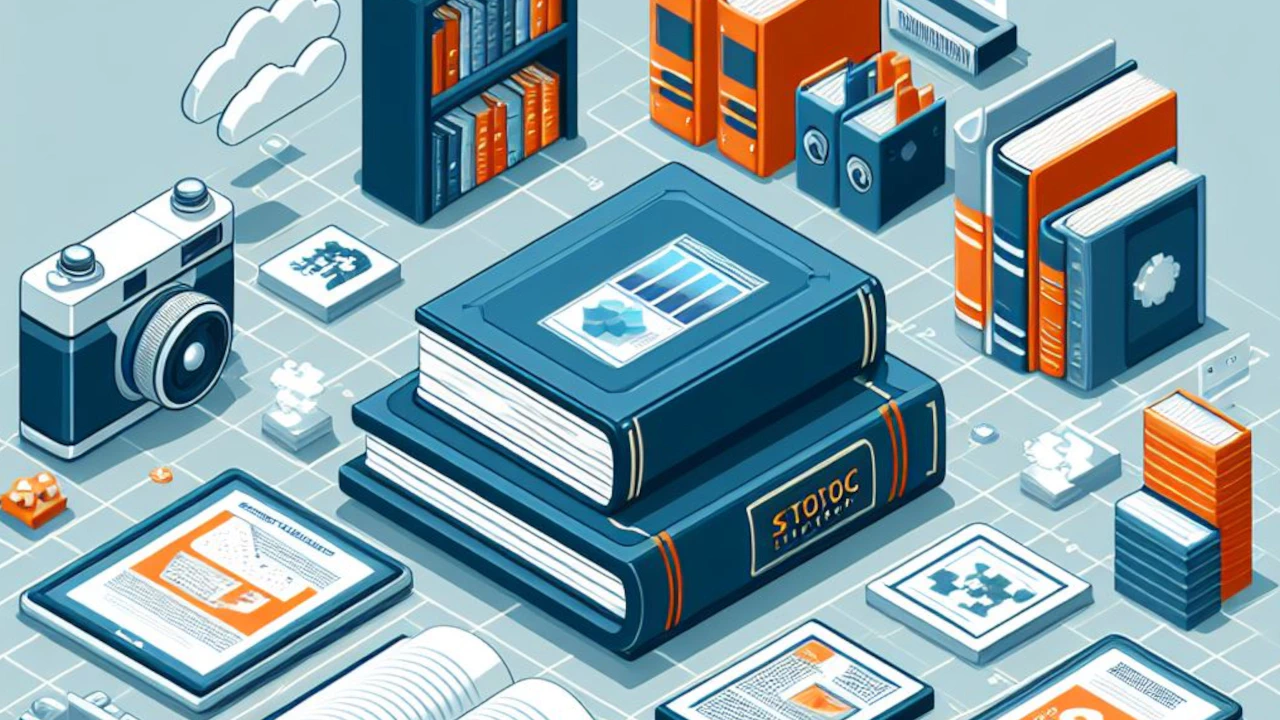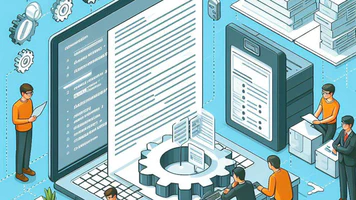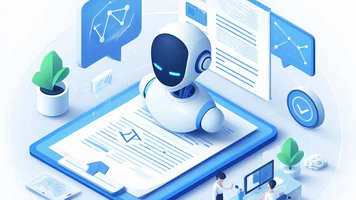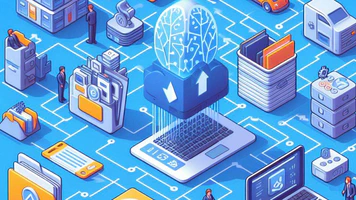
- By Justin Riddiough
- January 6, 2024
Understanding Open Datasets
Open datasets are collections of data made freely available to the public, accompanied by open licenses that permit users to access, use, modify, and share the data. These datasets serve as foundational building blocks for AI researchers, developers, and data scientists, fostering collaboration and accelerating progress in the following key ways.
Key Aspects of Open Datasets:
-
Accessibility:
- Open datasets are accessible to anyone, eliminating barriers to entry and democratizing access to valuable information. This inclusivity encourages a diverse range of contributors to engage with the data.
-
Diversity of Data:
- Open datasets span a wide array of domains, including but not limited to healthcare, finance, natural language processing, and computer vision. This diversity allows researchers to explore different facets of AI across industries.
-
Innovation and Exploration:
- The availability of open datasets promotes innovation by providing a foundation for researchers to experiment with novel algorithms, methodologies, and AI models. This accelerates the development cycle and fosters continuous improvement.
The Significance of Open Datasets in AI Development:
1. Training and Evaluation:
- Open datasets serve as essential resources for training and evaluating machine learning models. They enable researchers to benchmark their algorithms on standardized datasets, facilitating fair and objective comparisons.
2. Benchmarking and Reproducibility:
- Standardized open datasets allow researchers to compare the performance of different models consistently. This benchmarking contributes to the reproducibility of results and ensures the reliability of AI experiments.
3. Addressing Bias and Ethical Considerations:
- Open datasets play a crucial role in addressing biases in AI models. By making diverse datasets available, developers can create more inclusive and ethical AI applications that consider a broad spectrum of perspectives.
Notable Examples of Open Datasets:
-
MNIST Handwritten Digits:
- A dataset of handwritten digits widely used for image classification tasks.
-
COCO (Common Objects in Context):
- An open dataset for object recognition, segmentation, and captioning tasks.
-
IMDb-WIKI Face Dataset:
- A collection of images for age and gender prediction, supporting research in facial recognition.
-
VCTK (Voice Clone Toolkit) Dataset:
- The VCTK dataset is a notable example in the domain of speech and voice. It encompasses a diverse collection of speech recordings, fostering research in voice synthesis and related applications.
Note: Many researchers and data enthusiasts share and collaborate on open datasets on platforms like Kaggle , creating a vibrant community for data exploration and AI development.
SafetyPrompts is an amazing resource for open datasets for evaluating and improving the safety of large language models (LLMs) .


